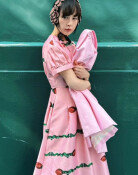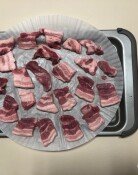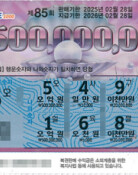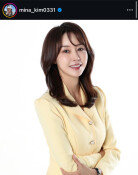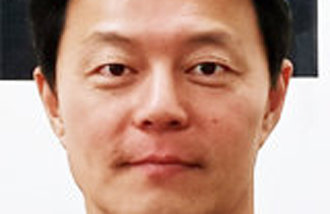Unencumbered spirit
Unencumbered spirit
Posted January. 06, 2023 07:46,
Updated January. 06, 2023 07:46
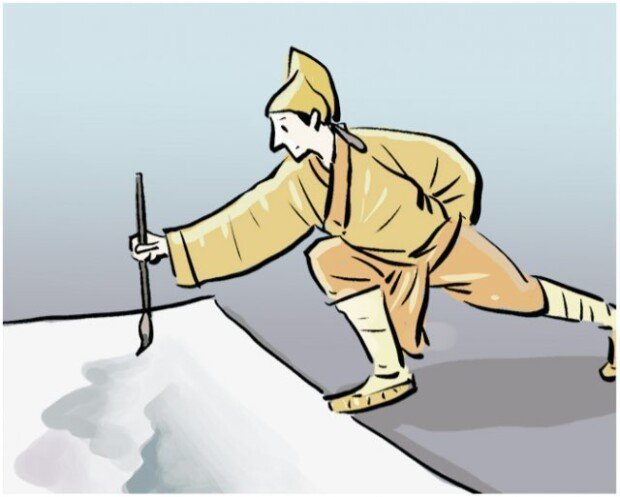
He did not want to be a guru or a monk, nor did he intend to be a merchant or farmer, which means he would not delve into something he did not want to or could not do. It was nothing but futility for him to covet the riches of others and to be coercive and not shy about committing fraud. Therefore, the only way left for the poet, an unknown scholar, was to take the national examination to be a public servant. Such exams were nearly the only social channel through which talented people were given opportunities to better themselves. But at that time, the poet was caught up in a predicament. He was once told to be a child prodigy, and although he passed the provincial exam in his hometown of Suzhou, he failed the central government exam. The poet was even imprisoned for an accusation of conspiring with an exam administrator and engaging in cheating. Thus his dreams of becoming a government official were crushed. He was left with one thing: he needed to stand on two feet. This is how he decided to become a freelancer by capitalizing on his talent in poetry, calligraphy, and painting. Although he drew and sold landscape paintings for a living, he did not spend every minute of his time solely on painting. He declared that he would not earn money tainted by the dirt of the world. He repeated the denial of "not" five times to express his vow. Although avoiding the duplication of the same letter is an unwritten rule in Chinese poetry, he boldly overturned it, showing his solemn confidence as a freelancer.
The poet, better known as Tang Bohu rather than his real name, enjoyed an era with poetry, calligraphy, and paintings and rose to the ranks of the ‘Four Masters of the Ming dynasty.’ As he confessed, "I drew and wrote poems all my life, and left my traces around flowers and willow trees" ('Emotion'), he was a free spirit who enjoyed fine things in life, but he had a miserable later life.



